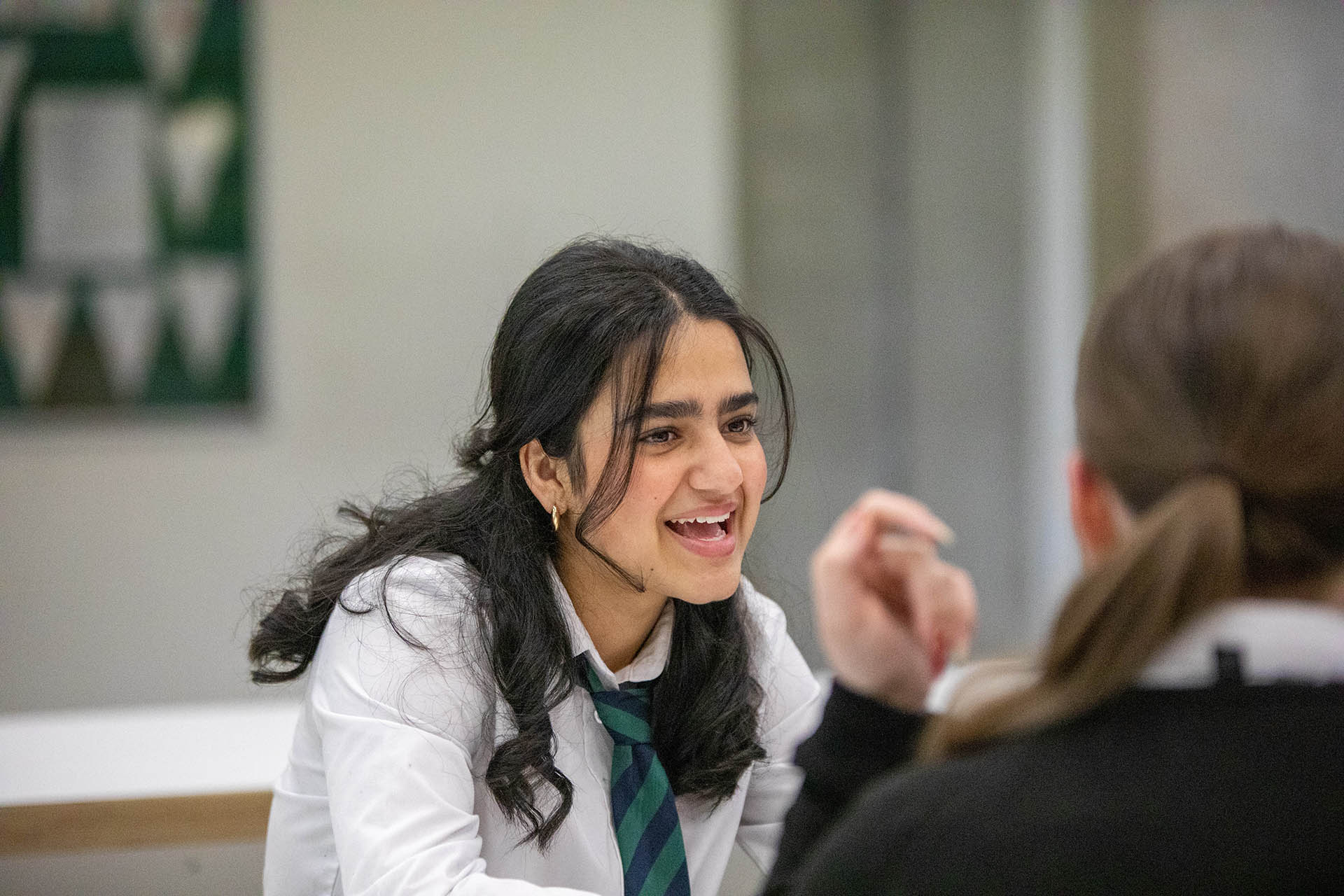The staff in our Faculty of English, ESOL and Literacy are enthusiastic and passionate supporters of the value of literature and language to enrich empathy, understanding and wonder. We love teaching our subject and enjoy very high academic attainment as well as strongly positive relationships with pupils to ensure all young people feel valued and able to make progress in this essential subject.
Ms Ailsa Stratton – Curriculum Leader
Tuesday-Friday
Ms Lesley Bloomer – Acting Curriculum Leader
Monday
Ms Jade Bellamy – Teacher
Monday-Wednesday
Mr. Sean Campbell – Teacher
Wednesday-Friday
Mrs. Sarah Fernie – Teacher
Wednesday and Thursday
Mr. Alan Freeman – Teacher
Monday, Wednesday and Thursday
Ms Maegan Garland – Teacher,
Monday, Wednesday-Friday
Ms Melanie Henderson – Teacher
Mr. Lewis MacPherson – Teacher
Ms Carrie Tench – Teacher
Mr. Tom Williams – Teacher
Ms Rachael Yates – Teacher
Monday, Tuesday, Thursday, Friday.
Ms Charlotte Baskerville – Probationer Teacher
Mr L Fois
Library Resource Centre Coordinator.
| Day | Open | Close |
|---|---|---|
| Monday – Thursday | 8:15 | 4:15 |
| Friday | 8:15 | 13:30 |


English covers the four modes of communication: reading, listening, writing, and talking, across a wide range of creative and critical contexts. English is essential for building literacy across the curriculum. Our pupils are in mixed-ability classes. In S1, all pupils follow a common course covering creative, persuasive and personal writing, reading critically and analysing fiction and non-fiction texts via reading comprehension and critical essay, and solo and group presentations. In S2, pupils consolidate and extend these skills over a different range of texts and genres as chosen by the class teacher. Personal reading is expected of all pupils and is supported by reading logs and fortnightly trips to the library for choosing suitable texts and completing learning in information skills and critical literacy. Pupils should bring a physical book for reading at the start of each lesson (S1-2).
All classes have a Team and associated Class Notebook for sharing resources and setting work. Although pupils have easy access to ICT to support learning, we follow current research evidence to encourage pupils to read physical books rather than a screen, and to hand-write rather than type.
ESOL has been introduced in S3 for pupils who have English as a second language.